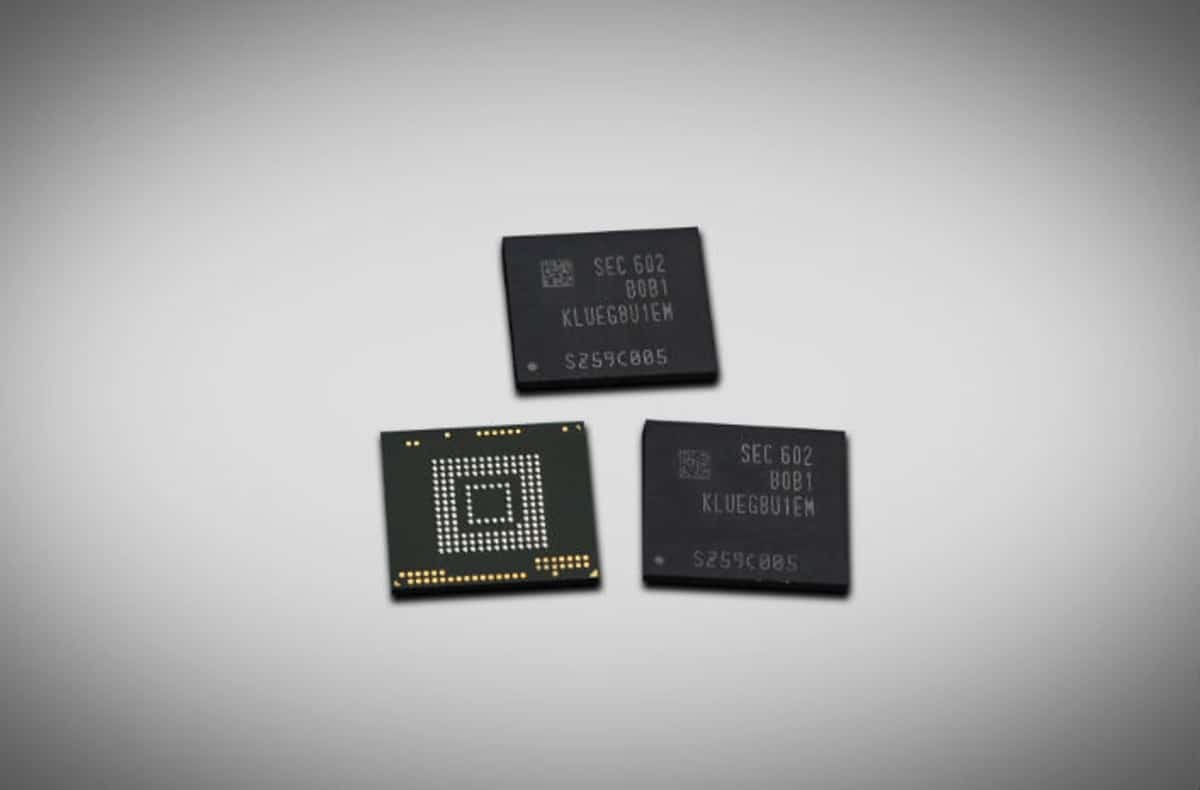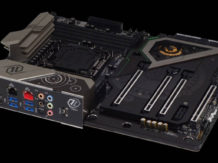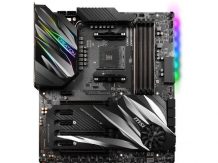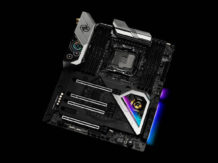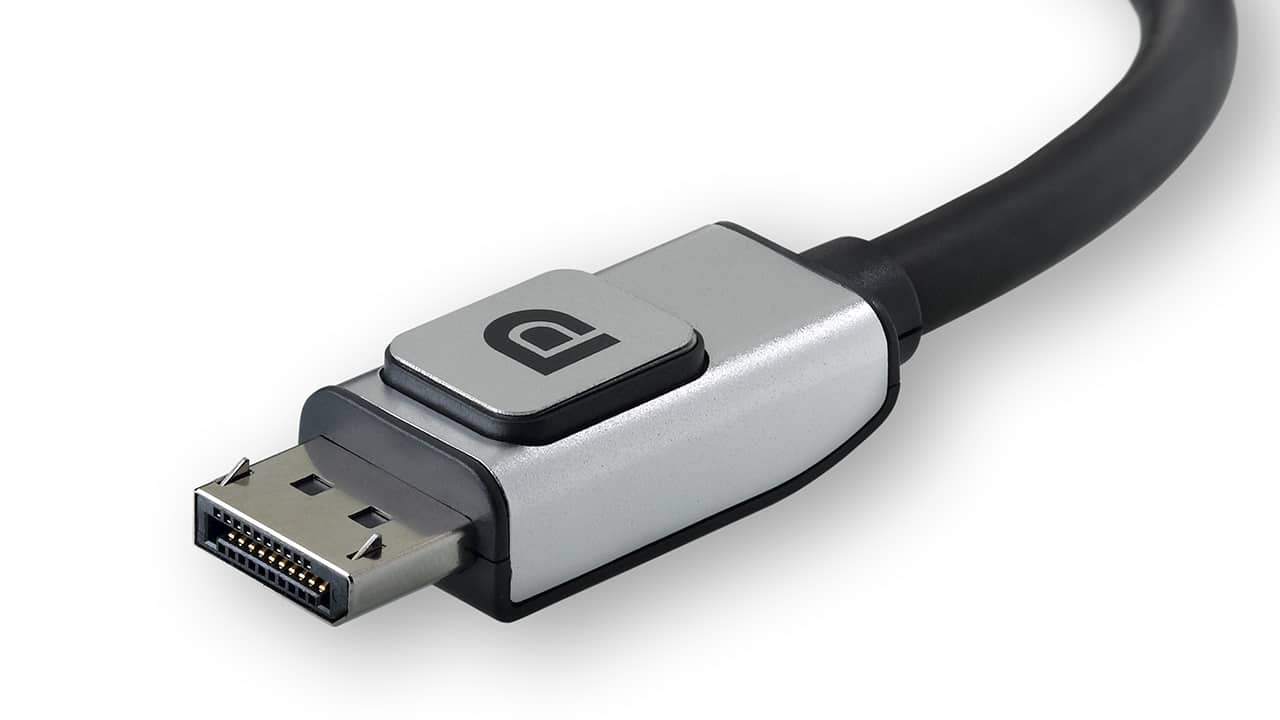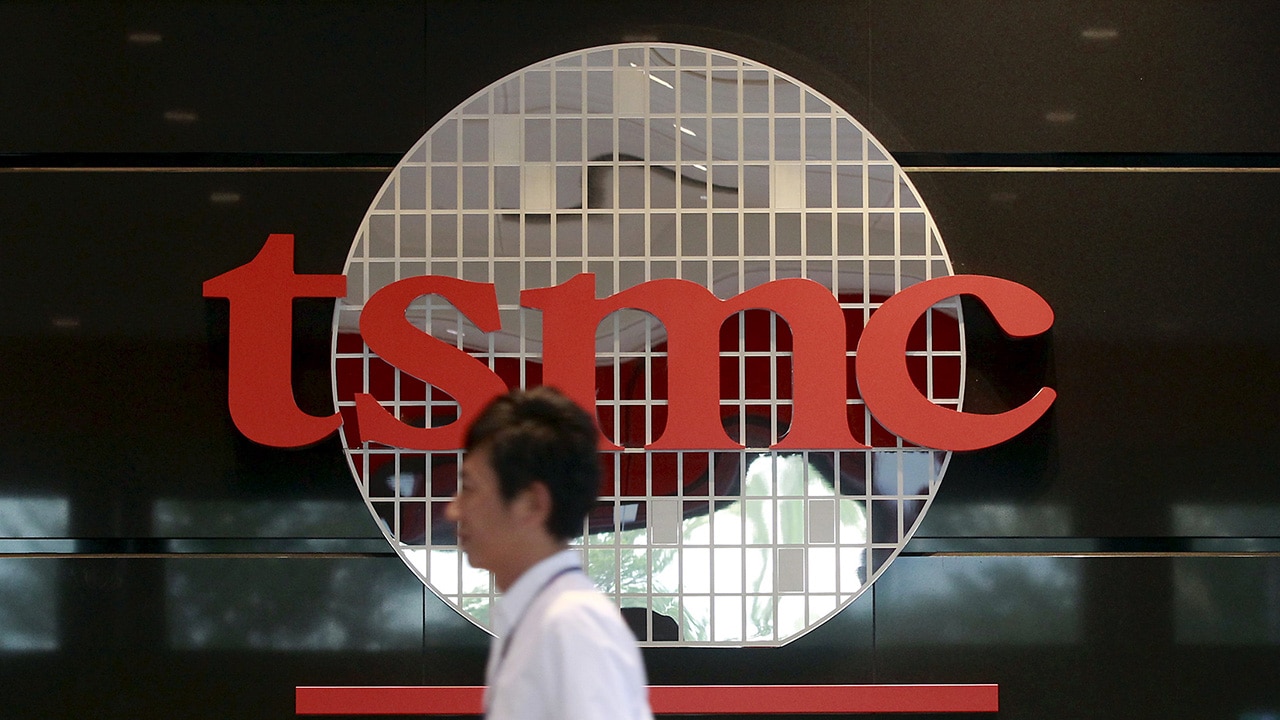The specifications of UFS 3.1 have been made official in the score hours since JEDEC, the consortium that develops the standard of solid state storage memories. There are three key improvements over the UFS 3.0 presented almost exactly a year ago, which are already implemented in current computer SSDs. They improve transfer rates and optimize energy consumption. Quickly:
- Write Booster: is a non-volatile SLC cache that will increase write speeds. The technology is in a sense borrowed from the custom NVMe chips that Apple has been using on its iPhones and iPads for some time now (the first tangible evidence dates back to the time of the 6s).
- DeepSleep: the name makes it clear that this is a system designed to optimize energy consumption; according to the official description, it will be used for less expensive and refined systems.
- Performance Throttling Notification: the UFS chip / device can report to the host system any performance slowdown caused by overheating.
In addition, JEDEC presented a "parallel" standard simply called JESD220-3 (the code name of UFS 3.1, for reference, is JESD220E), and the commercial name is Host Performance Booster. It is basically an extension that allows the mapping of addresses from logical to physical to be saved in the system DRAM. Using this type of cache, memory chip access performance should improve, especially on higher density drives.





